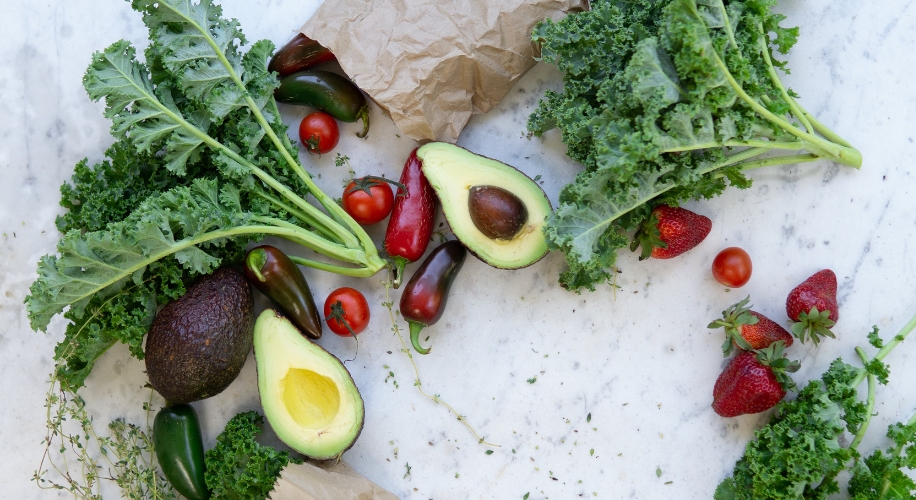The Connection Between Eye Health and Nutrition

Photo by Leeloo Thefirst
Understanding the relationship between what we eat and how we see is crucial for maintaining optimal eye health. As eye care providers, we recognize the impact of nutrition on vision, and we’re here to guide you through the essentials of a diet that supports your eyesight.
Nutritional Building Blocks for Healthy Eyes

Photo by Farhad Ibrahimzade
Eating a balanced diet is not only beneficial for your overall health but is also vital for keeping your eyes in good shape. Certain nutrients play a significant role in eye health, including:
- Vitamins A, C, and E – These antioxidants combat free radicals, which can damage the eyes and lead to conditions such as cataracts and age-related macular degeneration (AMD).
- Lutein and Zeaxanthin – Found in high quantities in the macula, the part of the retina responsible for central vision, these carotenoids filter harmful blue light and contribute to retinal health.
- Omega-3 Fatty Acids – Particularly abundant in the retina, omega-3s can help prevent dry eye syndrome and AMD.
- Zinc – This mineral helps with the transportation of vitamin A from the liver to the retina, where it’s used to produce melanin, a protective pigment in the eyes.
Integrating a variety of colorful fruits and vegetables, along with fish and nuts into your diet, is a straightforward way to obtain these critical nutrients. For personalized nutritional advice, consider scheduling an online eye care consultation with our specialists.
Dietary Patterns for Visual Well-being

Photo by Elle Hughes
A dietary pattern focusing on eye health isn’t just about single nutrients; it’s about the synergy of a well-rounded diet. The following are some diet tips to help maintain and improve your ocular health:
- Eat a rainbow of fruits and vegetables daily to ensure you’re getting a broad spectrum of nutrients. Dark leafy greens like spinach and kale are rich in lutein and zeaxanthin.
- Choose whole grains over refined grains to help manage blood sugar levels, which is important in reducing the risk of diabetic retinopathy.
- Include sources of healthy fats, such as avocados and olive oil, which can aid in the absorption of fat-soluble vitamins and protect against dry eye.
- Stay hydrated by drinking plenty of water to maintain moisture in the eyes and reduce symptoms of dryness and irritation.
Supplementation: When Diet Isn’t Enough
While a balanced diet is the ideal source for essential nutrients, there may be cases where diet alone doesn’t meet all your eye health needs. In such instances, supplements can play a supportive role, especially for nutrients like omega-3 fatty acids, lutein, and zeaxanthin. However, before starting any supplement regimen, it’s imperative to consult with a healthcare professional to tailor the right combination for you.
Remember that good nutrition is just one piece of the eye health puzzle. Regular eye check-ups, protecting your eyes from UV light, and wearing the correct prescription lenses are equally important. Keep your eyes healthy and your vision clear with a proactive approach to nutrition and eye care.




 Canada
Canada